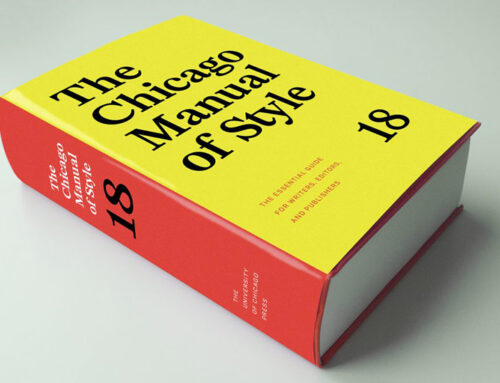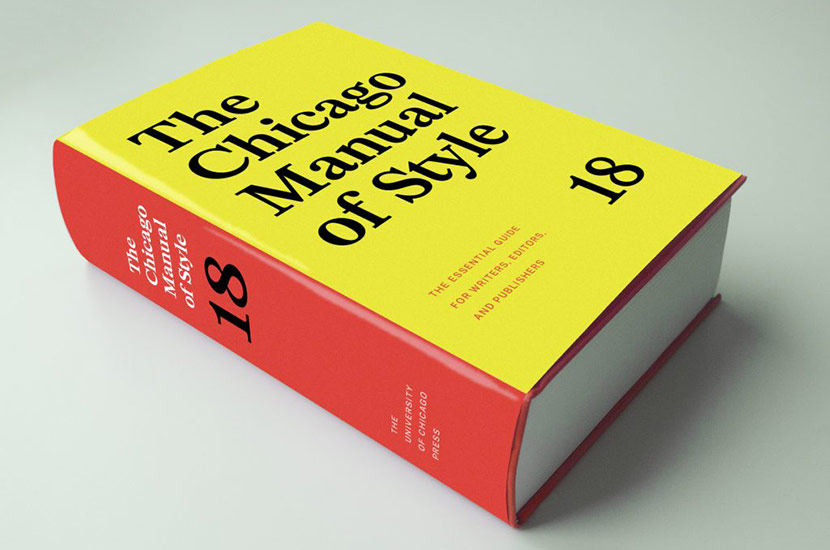Cliché, huh? Isn’t that the case for all of us?
I’m a writer. I have been for a long time. I even have a degree that says I’m a professional writer. But, that doesn’t mean I’m always on my game. In fact, I struggle with writing a lot more than you might think.
My biggest challenge is time.
- I realized that the bottom line was that if I want to be a successful writer, I had to clear that blocker. Period. The end. So, that’s what I set out to do, and here’s what I learned in the process. I do really well when I’m up against a deadline. That’s pretty simple. I started using my Google calendar to give myself hard deadlines and holding myself to them. Interestingly, I still procrastinate a lot, but what I produce in that last 30 to 60 minutes before the deadline is almost always my best work.
-
I need someone to slap me upside the head when I’m floundering. I found myself an accountability partner and told her that we couldn’t be friends anymore if she wasn’t 100% dead honest with me every time she thought I might be floundering. By the way, she’s a damn good writer, so you should follow her. Otherwise, we can’t be friends, either.
-
I need to write about things that either intrigue me or piss me off. The middle of the road crap takes me forever. So, I just don’t do it. When I originally wrote Be a Team: Be the Wolf Pack, I was intrigued by the premise, and I wanted to know everything I could about the topic right then. This was an assigned topic, which is also sometimes problematic for me, but in this case, the words came out very quickly. The same is always true when I vent in my writing (most of which is done under a pen name…and she’ll continue to stay anonymous—for now).
-
I need to write every single day—without exception. For me, it’s not that it’s a use it or lose it skill, but it is something that I need to practice. More frequent writing equals better quality writing overall, even if the vast majority of it stays somewhere (unpublished) in my cloud storage.
-
I need to focus less on the clock and more on the process. When I am in teaching mode (I teach college-level writing courses and have for, well, a long time—maybe that has something to do with why I struggle with the time thing), I tell my students to focus on the process rather than how much time it takes to move through the process. I also tell them that each of us has a unique writing process and that it’s important to be true to ourselves in that regard. I took a dose of my own medicine on this one.
-
I need to read every single day—once again, without exception. Many years ago, I read an article in which the author suggested that everyone should read a variety of work every day. Of course, I can’t put my fingers on that article right this moment, but Christopher Pierznik summarizes the benefits of this practice quite well. I don’t think there’s any sort of rule that says to read a certain number of books a year or any particular number or variety at a time, but I usually read chunks of one or two nonfiction, one fiction, one audiobook (almost always fiction), and my daily meditation books (currently two) every single day. Without fail. Better readers are better writers, for sure, but the thought does occur to me that my reading habit may be more than just a habit….
-
I need to prioritize myself over everything else. I’m not going to wax poetic about how we need to don our own oxygen masks first here. Instead, suffice it to say that I know when I’m reaching a point of burnout and need to take a day off from holding myself fully accountable (like when I took a break to watch a NASCAR race after writing this paragraph…yes, you read that right). Rest is paramount, and I always come back the next day with a much clearer focus, which allows me to carve out time more effectively.
For what it’s worth, time management is hard. We can employ all the planners and time management tips that the so-called experts throw at us, but that doesn’t mean they’ll work.
Ultimately, each of us needs to experiment and own our specific writing processes and habits. What works for me doesn’t necessarily work for anyone else, and that’s okay. Take some time, as I did, to observe yourself as a writer.
What helps you get past your writing obstacles, whether they are internal or external?
Discover what helps you find the time you need to write—deadlines, an accountability partner, rituals, reading, or something else. Discover your writing self.









Leave A Comment
You must be logged in to post a comment.